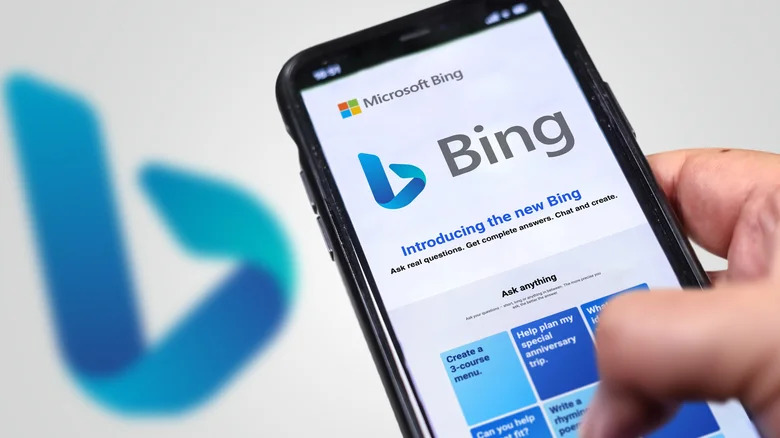
Microsoft is gearing up to introduce Bing Chat to third-party
Building on the success of its introduction earlier in the year, Bing Chat is to embrace a broader landscape and welcome users of alternative browsers to the fold. Microsoft is even extending the reach of its AI-driven search tech to its closest rivals in Chrome and Safari.
Based on the same technology behind ChatGPT-4 from OpenAI, Bing Chat is able to provide up-to-the-minute information through Bing Search. Bing Chat has been accessible through Android and iOS mobile apps since February. Towards the end of July, Microsoft gave a hint that it was undergoing testing on third-party browsers.
The company has now officially revealed that its Bing Chat AI chatbot will now be available for use on third-party browsers in addition to Edge and the standalone Android and iOS apps.
A limited number of users have been granted access. Certain constraints have been noted — with Bing Chat on Chrome only allowing for only five messages per conversation compared to the 30 messages available free on Edge. The character count has also been limited to 2,000 down from 3,000.
In a blog article commemorating the success of a half-year milestone, Microsoft also provides a sneak peek into forthcoming new features and enhancements for Bing AI chat.
“With so many new, useful features now a part of Bing, we’re excited to announce you can start experiencing the new AI-powered Bing in third-party browsers on web and mobile soon,” the Bing team stated in their blog. “This next step in the journey allows Bing to showcase the incredible value of summarized answers, image creation and more, to a broader array of people.”
Celebrating 6 months of the new AI-powered Bing
The Bing Team
This expansion reflects a commitment to “enhancing user interactions and knowledge sharing across different platforms”. Nevertheless, Microsoft would prefer that you stuck with their own browser. To make the most of Bing, the Microsoft blog states, you should simply open Edge and click the icon in the sidebar. Edge brings full functionality, including “extended conversations” and further integrated features — some of which have only just launched.
The company is ushering in six months of collaboration with OpenAI with a raft of other new additions. Last month, Microsoft unveiled new voice chat functionality for Bing Chat on desktop computers. This allows users to engage with the AI chatbot with a simple click of the microphone icon.
Another new feature is the Bing Image Creator. The tool is able to generate images based purely on descriptions from conversational cues. Integrating seamlessly within both Bing and Microsoft Edge, a tally of 750 million images has been generated so far.
Microsoft has also described a new “multimodal” visual search feature. Users now have the ability to search using image and text prompts together. Imagine, for example, you are planning a beach holiday: Bing AI chat will be able to suggest ideal vacation spots based both on your text query, together with a selected image of your dream beach (be that fine white sand or crashing surf).
Bing’s new History feature will now store past chats in the “Recent Activity” section on the right side of the chat window. This enables easy retrieval and continuation of previous conversations, with options to manage and share those chats — another feature likely to remain absent or restricted when accessing Bing with rival browsers. More modestly, Microsoft has also introduced the addition of a dark mode for Bing Chat.
OpenAI’s partnership with Microsoft is set to move beyond web browsers. In May, Microsoft announced Windows Copilot, an AI-driven operating system assistant. Think of an AI-based Cortana, in other words, that will bring centralised AI to Windows 11. Microsoft is also extending the Bing Chat plugins to Windows, enabling developers to integrate apps within Windows Copilot seamlessly.
Expect Chat-GPT technology to play a huge part in all future Windows releases. This collaboration lays the groundwork for a more intuitive and integrated digital landscape, as Microsoft paves the way for a future where AI becomes an intrinsic part of everyday computing, woven into general OS functionality.
In the meantime, the success of Bing signals an important juncture for SEO pros. It’s all the more important to adapt strategies to encompass evolving algorithms and features — while optimising for diverse platforms.